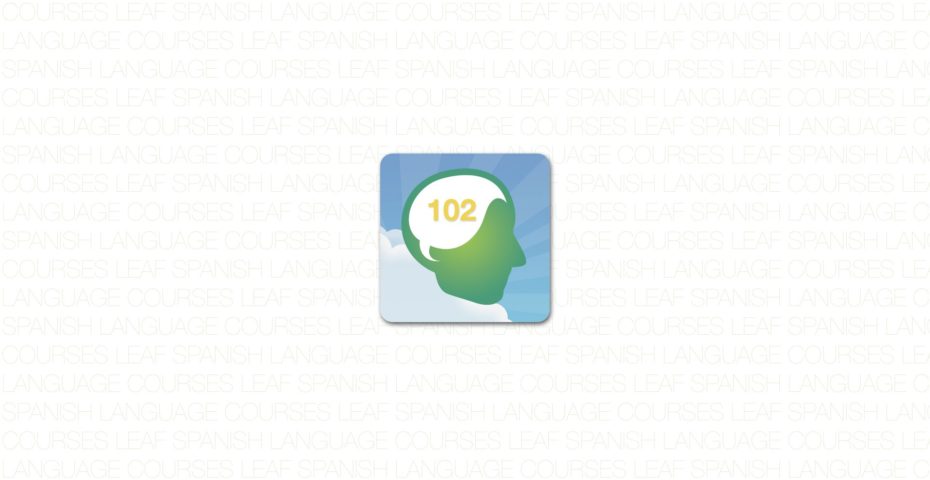Spanish 102 @ FLCC – Course Outline (v.5)
Spanish 102 @ FLCC (v.5) is a language course designed for students with little previous experience with the Spanish language. The course is designed with six Learning Modules, with specific learning outcomes (goals) for each Module. Mastery of each Learning Module is generally dependent upon content mastery of the previous Module, and content can be mixed and matched appropriately. All lessons and tools provided by LEAF are accessible under the Creative Commons license.
…
Course Objectives and Resources |
| House and Home
Spanish II @ FLCC – “House and Home” will continue to examine your core experiences and expands your sphere of influence to include personal possessions, living spaces, and daily routines. You will examine how your past experiences construct a deeper narrative of the self. |
…
Module 1 |
| “Climate is what we expect, weather is what we get.” – Mark Twain |
|
Students will demonstrate context-appropriate reading, writing, listening, and speaking skills by …
Students will demonstrate context-appropriate critical thinking and information management skills by …
|
…
Module 2 |
| “Few tasks are more like torture of Sisyphus than housework.” – Simone de Beauvoir |
|
Students will demonstrate context-appropriate reading, writing, listening, and speaking skills by …
Students will demonstrate context-appropriate critical thinking and information management skills by …
|
…
Module 3 |
| “The only routine with me is no routine at all.” – Jacqueline Kennedy Onassis |
|
Students will demonstrate context-appropriate reading, writing, listening, and speaking skills by …
Students will demonstrate context-appropriate critical thinking and information management skills by …
|
…
Module 4 |
| “There’s no love sincerer than the love of food.” – George Bernard Shaw |
|
Students will demonstrate context-appropriate reading, writing, listening, and speaking skills by …
Students will demonstrate context-appropriate critical thinking and information management skills by …
|
…
Module 5 |
| “Look back, and smile on perils past.” – Walter Scott |
|
Students will demonstrate context-appropriate reading, writing, listening, and speaking skills by …
Students will demonstrate context-appropriate critical thinking and information management skills by …
|
…
Module 6 |
| “If I’m gonna tell a real story, I’m gonna start with my name.” – Kendrick Lamar |
|
Students will demonstrate context-appropriate reading, writing, listening, and speaking skills by …
Students will demonstrate context-appropriate critical thinking and information management skills by …
|

